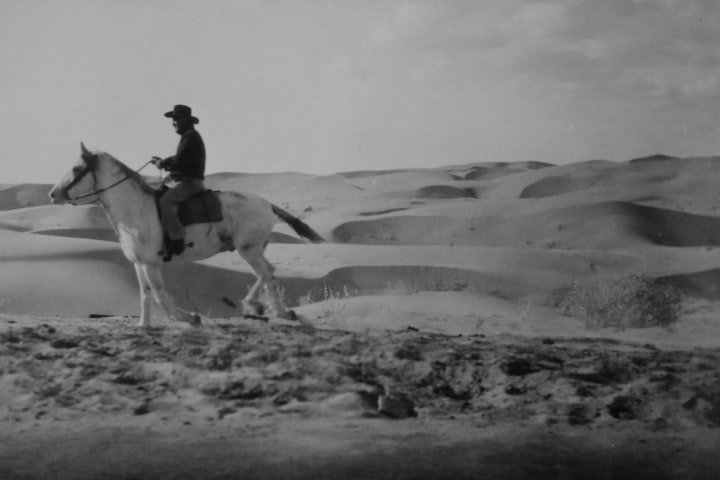Americans have a distinct sense of themselves and their place in the world. Americans, more than any other group in history, consider themselves as people of destiny, as individuals who were sent here to achieve something extraordinary and significant for history and for all peoples on the planet. This distinct self-perception, which is frequently misinterpreted as arrogance, is based on a collection of archetypes that Americans utilise to shape their view of themselves in the world. And no icon in the American mind is more potent than the cowboy.
The real American cowboy was a one-of-a-kind guy. They were distinct sorts of individuals who carved out a civilization from the terrible wilderness that was the American west in the years before the turn of the century, while certainly not as noble and ruggedly attractive as the pictures generated of him in the movies.
Because much of the legend of the cowboy came from stories of refugees from the broken southern army who took to the life of the cowboy rather than attempt to integrate into a society that included making peace with "the Yankee," the image of the cowboy sometimes includes elements of the outlaw and the loner. And that sort of person was undoubtedly responsible for many of the criminals who have since become the stuff of folklore and legends.
The image of a renegade and loner mixed with the hard life of a real cowboy whose job it was to lead large herds of cattle along paths like the ancient Cumberland Trail so that they could be sold for steaks, leather, and other things offered in primitive American businesses at the time. This was a terrible existence, and the trail's stories are destined to fill many history books. However, many more of the trail's anecdotes glorify a lifestyle that had to be challenging.
However, the image of the cowboy grew greater than the basic but tough existence that those simple but rough individuals must have led in the American west. It was a picture that brought together heroes from all over the world, including an Australian Gaucho cowboy, a Japanese Samurai, and a knight from King Arthur's court. It was a photograph of a man who exemplified the rugged individuality that many Americans see as one of the core unifying characteristics that make America great.
The cowboy image has such sway in American society that it even impacts the president. It is stated that when a president is initially elected and arrives in Washington to begin his new position, he follows a custom. Each president's early duties include sitting down and watching the film High Noon, according to tradition. President Clinton is said to have seen it dozens of times throughout his early years. If this is the case, it explains why a new president appears to grow and develop in office, becoming his own version of the great American hero shown in the film. The cowboy in America
He is an outspoken supporter of families and people in society who are attempting to make a home in a challenging environment. As a result, the American cowboy fits into the "superhero" image, which also appeals to the American justice, morality, and values system.
Even the epic Star Wars films were basically based on the cowboy tale. The cowboy notion arose from our country's past, which featured the settlement of a large territory and the settlement of a wilderness, pitting man's god-given will and intelligence against God's creation. And it was man's will that triumphed. That is why Americans respect the cowboy because he represents their own battles for grandeur, prosperity, and to be a hero, even only for their own families, communities, and churches. And it is this desire, which is profoundly embedded in American culture, that makes America and Americans great.







Comments
There are no comments for this story
Be the first to respond and start the conversation.